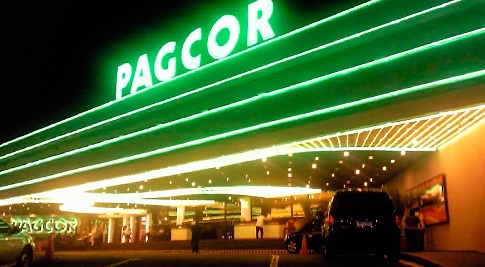
At the same time, lawyer Jose Tria Jr.—who heads Pagcor’s Offshore Gaming Licensing Department—said the agency is trying to moderate the growth of online gaming to make sure that the regulator could keep pace with the rapid technological advances needed to properly regulate the newly formed sector.
“It will take some time, but we see it hitting 50-50 eventually,” he said when asked about the prospects of offshore online gaming revenues vis-a-vis the conventional “land-based” casinos.
Tria said demand for Pagcor’s newly created Philippine Offshore Gaming Operators’ (Pogo) license was such that there are still 44 pending applications from various would-be operators, both here and abroad, in addition to the initial batch of 42 it had already approved.
The Pogo license was created in response to the crackdown President Duterte ordered on illegal online gaming operations, as well as to rationalize the growing industry, which had previously operated under the diverse ambit of the country’s many special economic zones.
With Pogo rules in place, the Pagcor official said the government would now be able to better regulate the industry by weeding out less competent operators, and derive more tax revenues from the remaining legalized operators.
Because Pagcor is presently unable to monitor offshore gaming operations on a realtime basis—something that will require a large investment in automation and personnel training—the regulator has temporarily decided to impose a flat monthly royalty fee of $150,000 a month on each Pogo licensee.
Once Pagcor automates its systems, however, Tria expects that Pogo licensees will be required to pay royalty fees in direct proportion to their gross revenues in the same manner as traditional casinos.